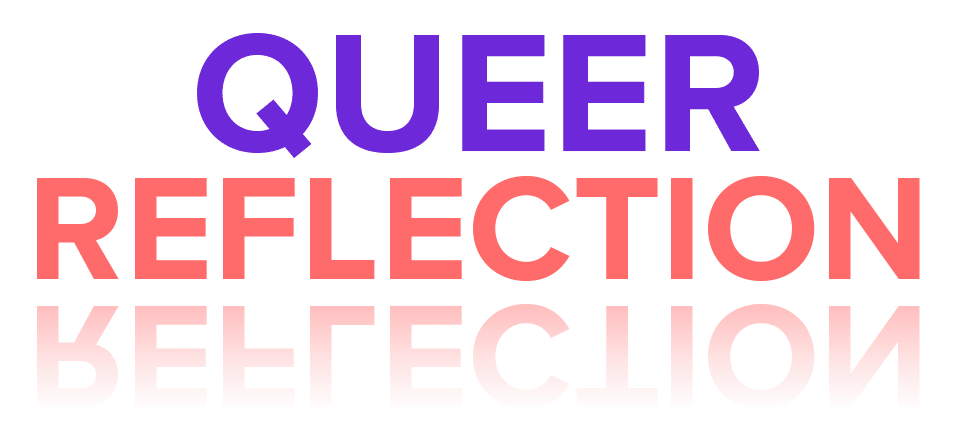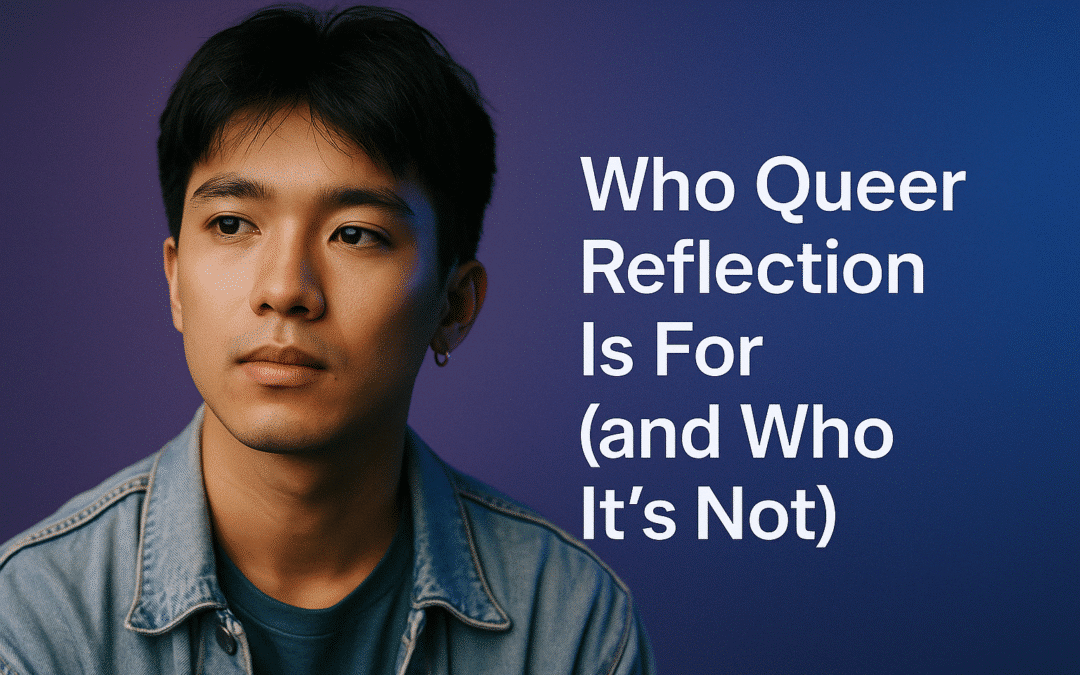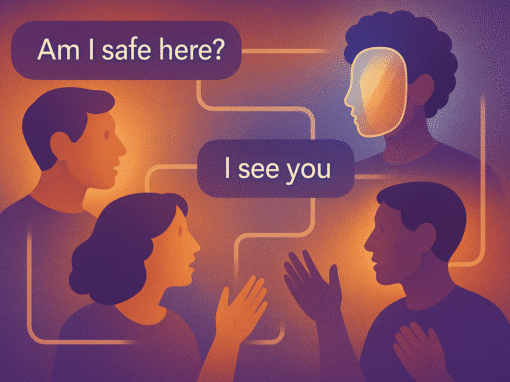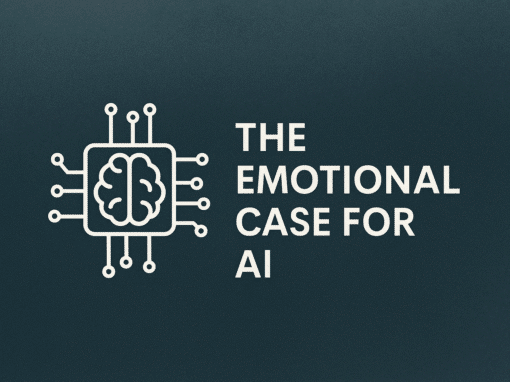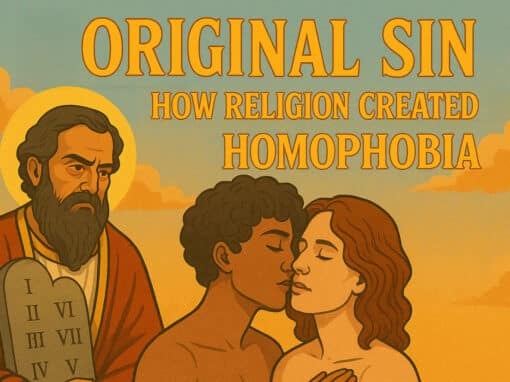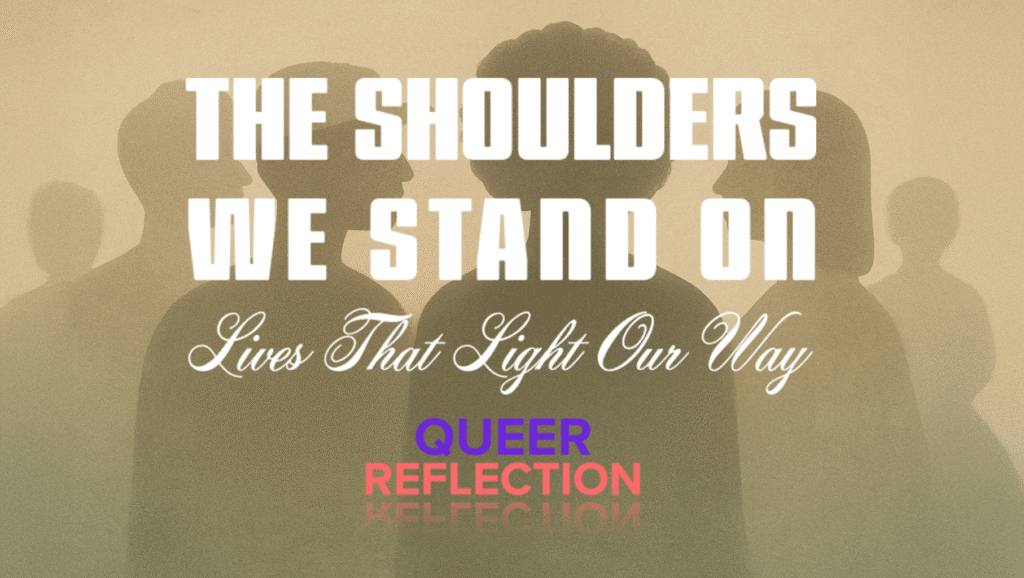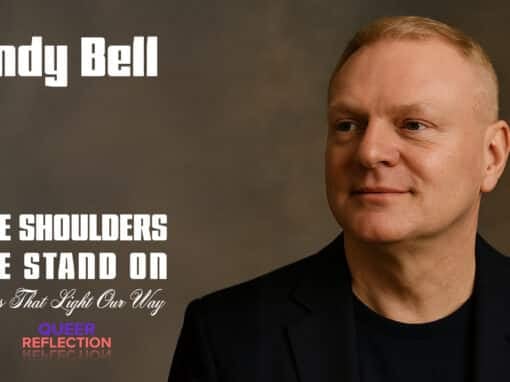At Queer Reflection, we built this platform to invite people into a deeper kind of understanding. One that doesn’t come from debate, or data, or documentaries—but from feeling.
It’s an empathy engine.
A mirror for moments too often dismissed or erased.
A practice in seeing the world through someone else’s truth.
And we want to be honest about who this space is for—and who it isn’t.
This is for the curious. The open-hearted. The willing.
For the people who’ve said:
“I want to understand, but I don’t always know what to say.”
“I don’t get it, but I want to.”
“I’ve never had to think about this before—and now I can’t stop.”
This is for teachers who want to do more than hang a rainbow flag.
For parents trying to understand their kids.
For friends who don’t want to say the wrong thing, but show up anyway.
For therapists, artists, and coders building with empathy at the center.
This is for queer people, of course—because we deserve to be seen, to shape our stories, and to feel our lives reflected with care. But it’s also for anyone who wants to grow, stretch, and unlearn. Who understands that empathy is not a destination—it’s a practice.
“Empathy begins with a willingness to be changed by what we hear.”
— Carl Rogers
But this is not for everyone.
Queer Reflection is not for people looking to argue about our existence.
It’s not for those who think inclusion is “just a phase,” or who demand that queer lives be filtered through palatable, sanitized narratives.
It’s not for anyone expecting to be spoon-fed “the right answer.” There are no right answers here. Just real people. Real feelings. Real complexity.
And it’s not for the performative. We’re not interested in box-checking, DEI theater, or rainbow-washed optics. We built this to go deeper than that.
Why we’re setting boundaries
Because trauma-informed design means knowing who your space is for.
Because emotional safety isn’t just about what’s included—it’s about what’s kept out.
And because we want to grow this into something sustainable, powerful, and emotionally intelligent—and that requires clarity, not appeasement.
What we believe
- That empathy can’t be forced—but it can be invited.
- That storytelling is one of the most powerful tools for human transformation.
- That queer lives deserve to be more than tolerated. They deserve to be felt.
- And that it’s okay to say: “This isn’t for everyone.” Because the people who get it? They’re the ones who will help us build what’s next.
Want to go deeper? Start here:
- We Were Born For Love: What Neuroscience Taught Me About Empathy, Queerness, and Building Something Better
- Our Vision – Why We Exist
- Why Now Matters: Building Empathy in a World That Wants to Forget
- Start a Dialogue
Further Reading & Resources:
- Want to feel more connected? Practice empathy – Harvard Health
- Design Justice Network Principles – Design Justice Network
- Why Boundaries Are Essential Self-Care – Psychology Today
If this resonates, you’re in the right place.
If not, that’s okay too.
We’re not trying to be everything to everyone.
We’re trying to be real—for the people who are ready to feel something that matters.
